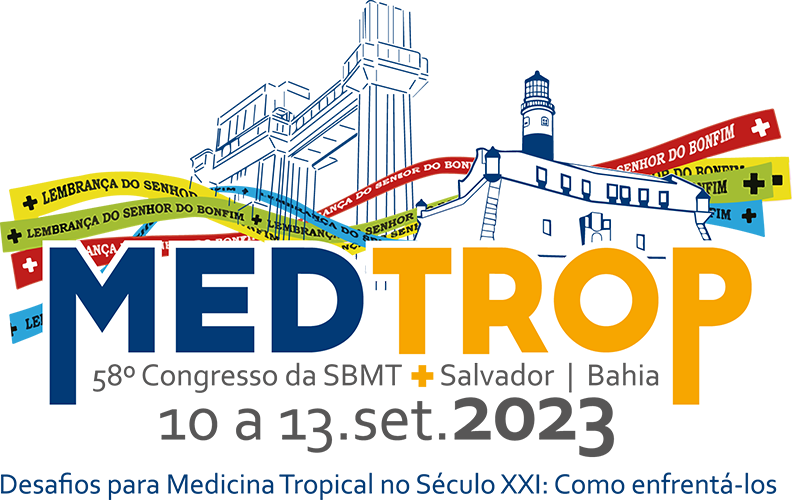Dados do Trabalho
Título
Myeloid-derived suppressor cells (CD11b+Gr1+) transplantation reduces myocarditis in an experimental model of chronic Chagas disease cardiomyopathy
Introdução
Chagas disease is one of the most important parasitic diseases in the world. Chronic Chagas' heart disease is the final common pathway of in distended heart disease. Due the absence of effective therapies capable of directly reverting the pathophysiological of disease, new therapeutic approaches is necessary.
Objetivo (s)
The present study evaluated the therapeutic effects of Myeloid derived suppressor cells (MDSC-CD11b/GR1+) in an experimental model of chronic Chagas cardiomyopathy (CCC).
Material e Métodos
C57BL/6 mice were infected with 1000 trypomastigotes of Trypanosoma cruzi (Colombian strain) for six months, then were treated with CD11b/GR1+ cells sorted from bone marrow of GFP mice. The treated group received 2 intravenous injections of MDSC (1x106 cells/injection), with the interval of 1 month each dose. All animals were euthanized under anesthesia following 2 months of treatment for evaluations of inflammation in the heart by morphometric analysis, serum cytokines by ELISA, and PCR analyzes to evaluate the modulation of gene expression in the heart and the parasite load on the spleen.
Resultados e Conclusão
Heart sections from mice treated with MDSC cells were evaluated by immunofluorescence to observe the presence of GFP+ cells in the myocardium. After 24 hours of injection, GFP+ cells were visualized in the heart. The morphometric analyses in the heart of animals treated with MDSC revealed a significant reduction in the number of inflammatory cells when compared to Chagas mice treated with saline. In addition, MDSC significantly reduced the expression of proinflammatory molecules such as Ifnγ, Nos2, Mrc1 and Tnfα and increased Arg1 expression, a marker of M2 polarization. We also observed a reduction of TNFα production in the sera by ELISA. The reduction of inflammatory mediators could cause an increase in the parasitic load in the experimental CCC. However, through the quantification of T. cruzi DNA in the spleen, we found that the treatment with MDSC did not alter the parasitic load. Our results demonstrate that MDSC, through an immunomodulatory action, are potential candidates for the development of new cell therapy for the treatment of chagasic cardiomyopathy.
Palavras-chave
Chagas' cardiomyopathy; Trypanosoma cruzi; Cell therapy; Myeloid derived suppressor cells.
Agradecimentos
CNPq and PRONEX/FAPESB.
Área
Eixo 06 | Protozooses
Categoria
NÃO desejo concorrer ao Prêmio Jovem Pesquisador
Autores
Daniela Nascimento Silva, Cássio Santana Meira, Bruno Diaz Paredes, Juliana Fraga Vasconcelos, Carine Machado Azevedo, Bruno Solano de Freitas Souza, Ricardo Ribeiro-dos-Santos, Milena Botelho Pereira Soares

 Português
Português English
English